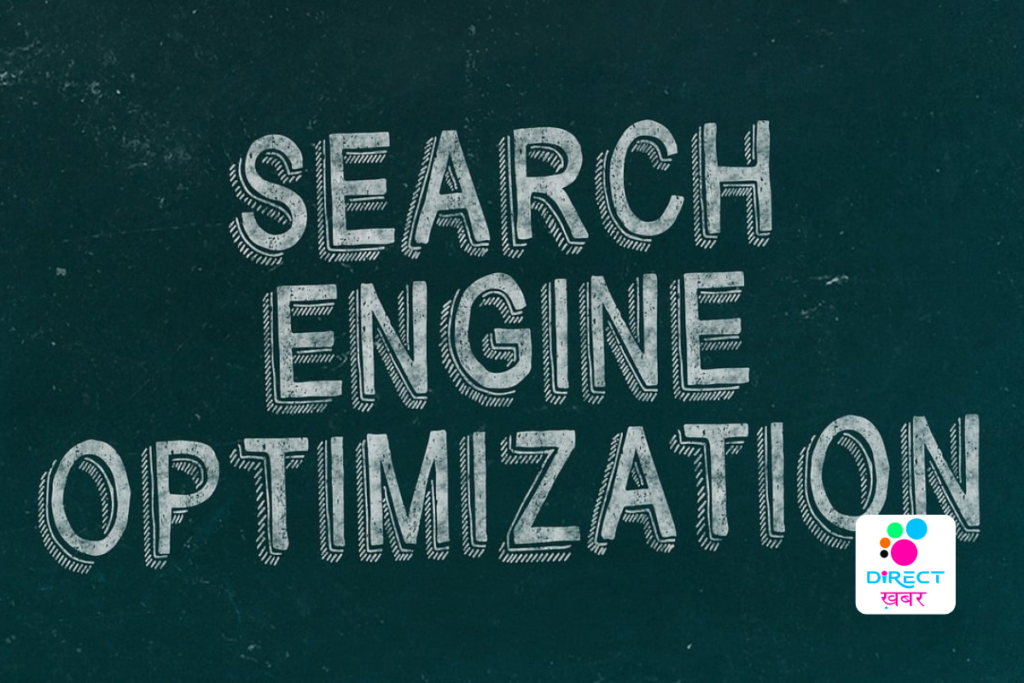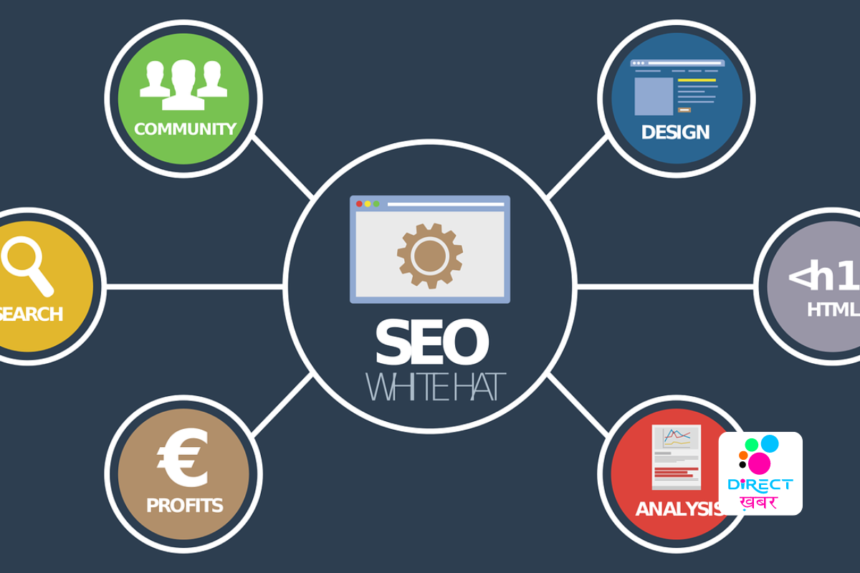SEO Strategies: Boosting Your Marketing Efforts
In today’s digital age, mastering Search Engine Optimization (SEO) is crucial for businesses aiming to enhance their online presence and attract organic traffic to their websites. Effective SEO strategies can significantly boost marketing efforts, leading to increased visibility, improved brand awareness, and higher conversion rates. In this comprehensive guide, we will explore various SEO techniques and tactics to help you optimize your website and propel your marketing endeavors to new heights.

Understanding SEO:
SEO is the process of optimizing your website to rank higher in search engine results pages (SERPs) for relevant keywords and phrases. Search engines like Google use complex algorithms to determine the relevance and authority of web pages, making it essential for businesses to align their content and website structure with these algorithms. By implementing marketing SEO best practices, businesses can improve their chances of ranking well in search engine results, thereby increasing their online visibility and attracting more potential customers.
Key Components of SEO:
On-Page SEO:
On-page SEO involves optimizing individual web pages to improve their marketing search engine rankings and attract organic traffic. Key elements of on-page SEO include:
Keyword research: Identify relevant keywords and phrases that your target audience is likely to search for.
Content optimization: Create high-quality, relevant content that incorporates target keywords naturally and provides value to users.
Meta tags optimization: Optimize meta titles and descriptions to accurately reflect the content of each web page and entice users to click through.
URL structure: Use descriptive and keyword-rich URLs to improve search engine visibility and user experience.
Off-Page SEO:
Off-page SEO focuses on optimizing external factors that influence your website’s search engine rankings. Key off-page SEO techniques include:
Link building: Acquire high-quality backlinks from authoritative websites to improve your website’s credibility and domain authority.
Social media marketing: Engage with your audience on social media platforms to increase brand visibility and drive traffic to your website.
Online reputation management: Monitor and manage online reviews and mentions to maintain a positive brand image and credibility.

Technical SEO:
Technical SEO involves optimizing the technical aspects of your website to improve its crawlability, indexability, and overall performance. Key technical SEO practices include.
Site speed optimization: Improve website loading speed to enhance user experience and reduce bounce rates.
Mobile optimization: Ensure your marketing website is mobile-friendly and responsive to cater to users accessing your site from mobile devices.
Schema markup: Implement structured data markup to help search engines understand the content of your web pages and display rich snippets in search results.
Local SEO:
Local SEO focuses on optimizing your website for local search queries to attract customers from specific geographic locations. Key local SEO strategies include:
Google My Business optimization: Claim and optimize your Google My Business listing to improve local search visibility and attract customers in your area.
Local keyword targeting: Incorporate location-specific keywords in your content to target local audiences effectively.
NAP consistency: Ensure consistency in your business name, address, and phone number (NAP) across all online directories and listings to enhance local search rankings.
Advanced SEO Techniques:
Voice Search Optimization:
With the rise of voice-enabled devices and virtual assistants, optimizing your website for voice search is becoming increasingly important. To optimize for voice search, focus on conversational keywords, provide concise answers to common questions, and ensure your website is structured for featured snippets.
Video SEO:
Video content is becoming more prevalent on the web, making video SEO essential for improving your website’s visibility in search results. Optimize your video content by using descriptive titles, tags, and descriptions, and embedding videos on relevant web pages to enhance engagement and increase traffic.
Semantic SEO:
Semantic SEO involves optimizing your website for semantic search, which aims to understand the intent and context behind search queries rather than just focusing on keywords. To optimize for semantic search, create comprehensive and semantically-rich content that addresses user intent and provides valuable information.

Measuring SEO Success:
Tracking and analyzing key metrics is essential for evaluating the effectiveness of your SEO efforts and making informed decisions to optimize your marketing strategy further. Key performance indicators (KPIs) to monitor include:
Organic traffic: Measure the amount of traffic your website receives from organic search results.
Keyword rankings: Track the rankings of your target keywords in search engine results pages.
Conversion rates: Monitor the percentage of website visitors who complete desired actions, such as making a purchase or filling out a contact form.
Backlink profile: Assess the quality and quantity of backlinks pointing to your website to gauge its authority and credibility.
Implementing effective SEO strategies is essential for businesses looking to enhance their online visibility, attract organic traffic, and achieve sustainable growth. By focusing on key components such as on-page SEO, off-page SEO, technical SEO, and local SEO, businesses can improve their search engine rankings and drive more targeted traffic to their websites. Additionally, embracing advanced SEO techniques like voice search optimization, video SEO, and semantic SEO can further elevate your marketing efforts and help you stay ahead of the competition in the ever-evolving digital landscape. Remember to continuously monitor and analyze your SEO performance to identify areas for improvement and ensure long-term success in the competitive online marketplace.






